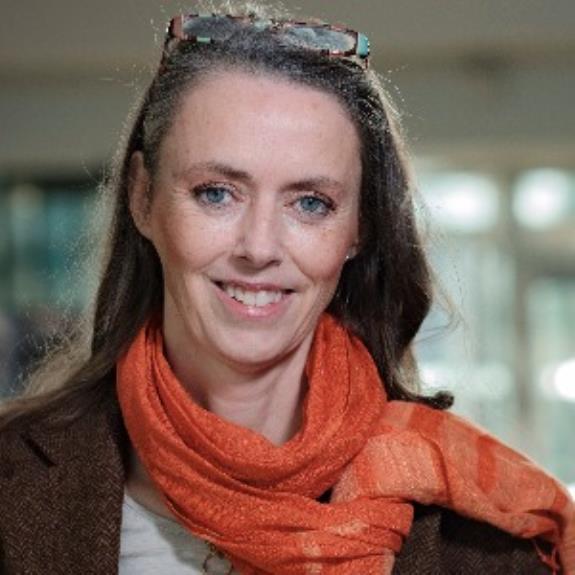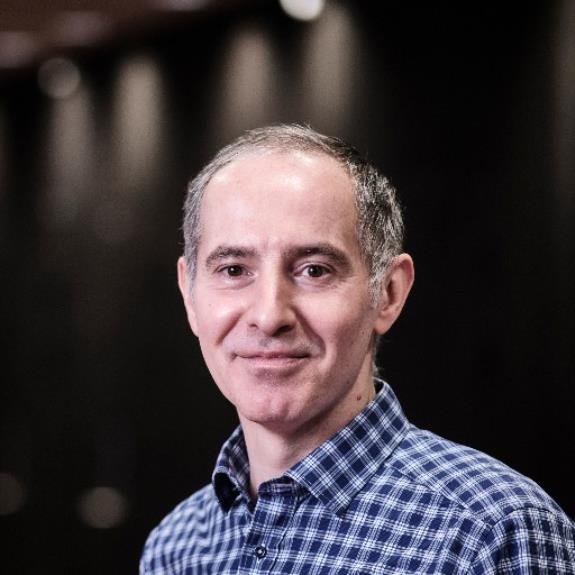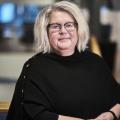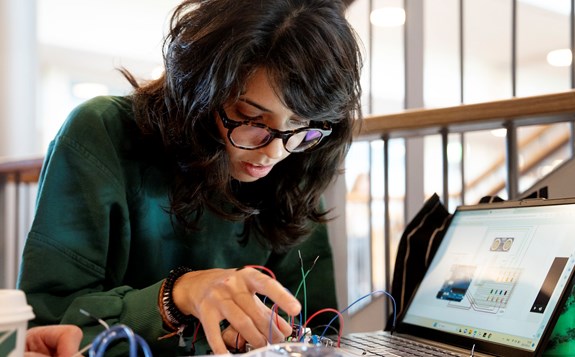We use cookies on this website. Cookies help us deliver the best experience on our website. Read about cookies.
-
- Education
- Education
- Programmes and courses
- Applications and admissions
- Tuition fees
- Scholarships
- Exchange studies at Malmö University
- Study Guidance
-
- After admission
- After admission
- Moving to Malmö
- Pre-orientation
- Arrival guide
-
- About studies at Malmö University
- About studies at Malmö University
- Why choose Malmö University
- Understanding university studies
- Connect with our students
On the page -
- Research
- Research
-
- Doctoral studies
- Doctoral studies
- Doctoral courses
-
- Doctoral schools
- Doctoral schools
- Adaptation of urban space through sustainable regeneration
- ComBine
- Culturally Empowering Education through Language and Literature
- Education, Learning and Globalisation
- Finding ways in a time of great future challenges (FinnFram)
- Swedish National Graduate School in Science and Technology Education Research
- Learning in Multicultural Societal Contexts
- Pedagogy and Vocational Skills
- Relevancing Mathematics and Science Education (RelMaS)
- Sustainable Movement Education
- The National Research School for Professionals in Social Services
- Research subjects
-
- Research centres
- Research centres
- Biofilms Research Centre for Biointerfaces
- Citizen Health
- Imagining and Co-Creating Futures
- Institute for Urban Research
- Malmö Institute for Migration Studies
- Literacy and Inclusive Teaching
- Centre for Work Life Studies
- Sustainable Digitalisation Research Centre
- Centre for Sexology and Sexuality Studies
-
- Research publications
- Research publications
- Search for research publications in Diva
- Malmö University Press
- Research events
- Participate in a research study
- Coffee Break Quiz
On the page -
- Collaboration and Innovation
- Collaboration and Innovation
-
- Levels of collaboration
- Levels of collaboration
-
- Local collaboration
- Local collaboration
- Muvah
- Regional collaboration
- National collaboration
-
- International collaboration
- International collaboration
- UNIC
- Innovation
- Collaboration with students
-
- Collaborate with researchers
- Collaborate with researchers
- Labs and facilities
- Culture collaboration
- Support Malmö University
- Alumni & Friends
On the page -
- About us
- About us
-
- Faculties and departments
- Faculties and departments
-
- Faculty of Culture and Society
- Faculty of Culture and Society
- Department of Global Political Studies
- School of Arts and Communication
- Department of Urban Studies
-
- Faculty of Education and Society
- Faculty of Education and Society
- Department of Childhood, Education and Society
- Department of Sports Sciences
- Department of Culture, Languages and Media
- Department of Natural Science, Mathematics and Society
- Department of Society, Culture and Identity
- Department of School Development and Leadership
- The Centre for Teaching and Learning (CAKL)
-
- Faculty of Technology and Society
- Faculty of Technology and Society
- Department of Computer Science and Media Technology
- Department of Materials Science and Applied Mathematics
- Faculty of Odontology
- University Dental Clinic
-
- Find and contact Malmö University
- Find and contact Malmö University
- Visit Malmö University
-
- News and press
- News and press
- Graphic manual
- Map of the buildings (Google Maps)
- Merchandise
- Supplier information and invoice management
- Whistleblowing
- We will help you with your questions
- Management and decision-making paths
-
- Malmö University's strategy 2030
- Malmö University's strategy 2030
- Sustainability
- Widened recruitment and participation
- Quality assurance work at the University
-
- Malmö Academic Choir and Orchestra
- Malmö Academic Choir and Orchestra
- Student work – video pieces
-
- Annual Academic Celebration
- Annual Academic Celebration
- Academic traditions
- Meet our new professors
- Meet our new doctors
- Honorary doctors
-
- The University in a troubled world
- The University in a troubled world
- Campus total defence
On the page
Department of Materials Science and Applied Mathematics
and Applied Mathematics
The department provides courses in Engineering, Mathematics and Natural Sciences at first-cycle and second-cycle level and also a preparatory study programme: Natural sciences/technical foundation year programme. Research is conducted in Civil Engineering, Mathematics, Materials Engineering and Physical Sciences.
Education
-
Programme, grundnivå | 180 hp
Byggingenjör: Byggteknik med arkitektur
31 augusti 2026 - 3 juni 2029 -
Programme, grundnivå | 180 hp
Maskin- och materialteknik: Högskoleingenjörsutbildning
31 augusti 2026 - 3 juni 2029 -
Programme, Förutbildning | 30 fup
Naturvetenskaplig/teknisk bastermin
19 januari 2026 - 7 juni 2026 -
Programme, Förutbildning | 60 fup
Naturvetenskapligt/tekniskt basår
31 augusti 2026 - 6 juni 2027 -
Programme, grundnivå | 180 hp
Produktutveckling och design: Högskoleingenjörsutbildning
31 augusti 2026 - 3 juni 2029
Research
Research is conducted in Civil Engineering, Mathematics, Materials Engineering and Physical Sciences. Research and education are carried out in close and continuous collaboration with actors from both the private and public sectors. Research is done in close collaboration with international partners.
Researchers, publications and projects
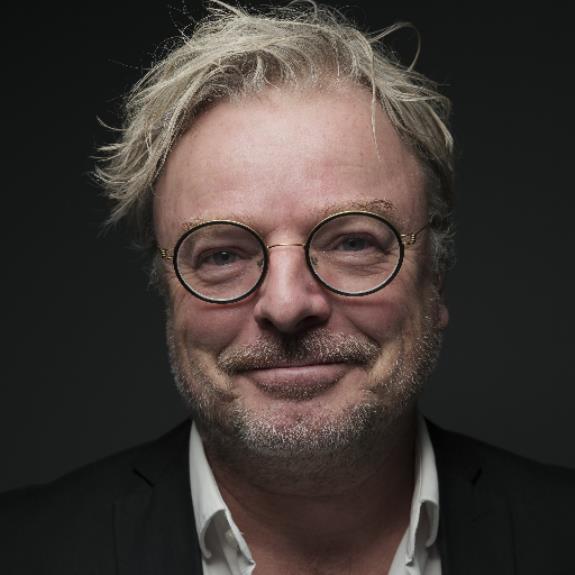
Niclas Andersson
Pedro Henrique Arantes Moya
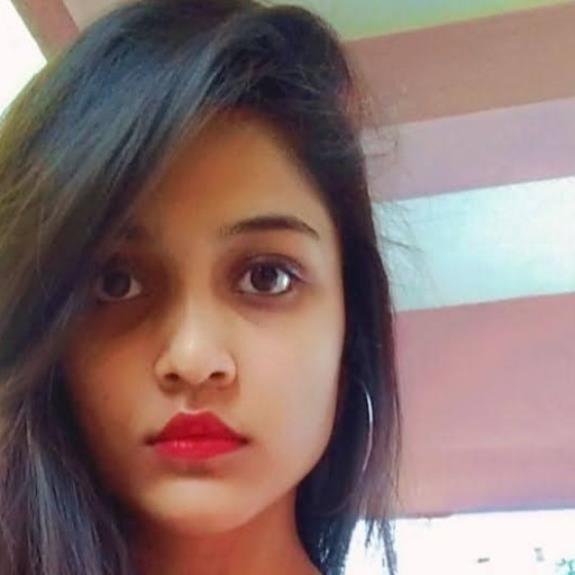
Shilpa Bijavara Seshashayana
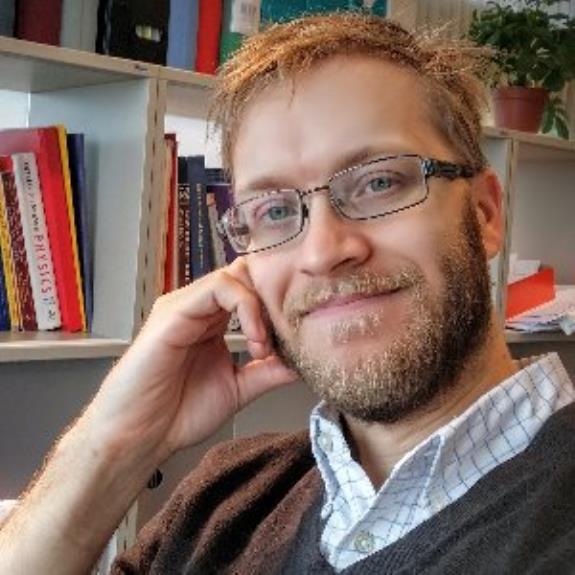
Jakob Blomqvist
Yuanji Cheng
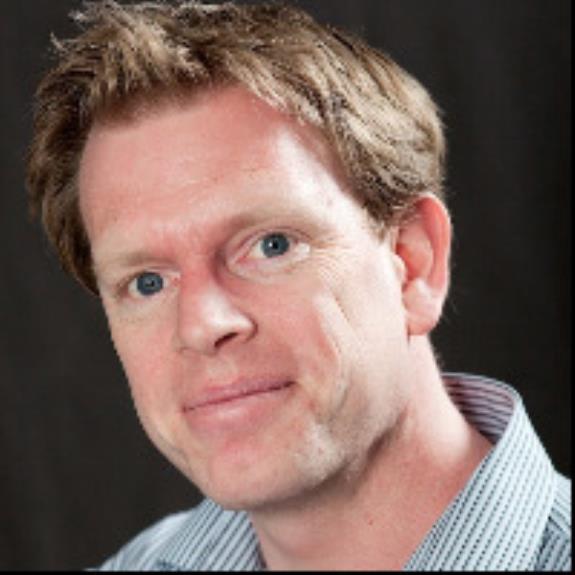
Jörgen Ekman
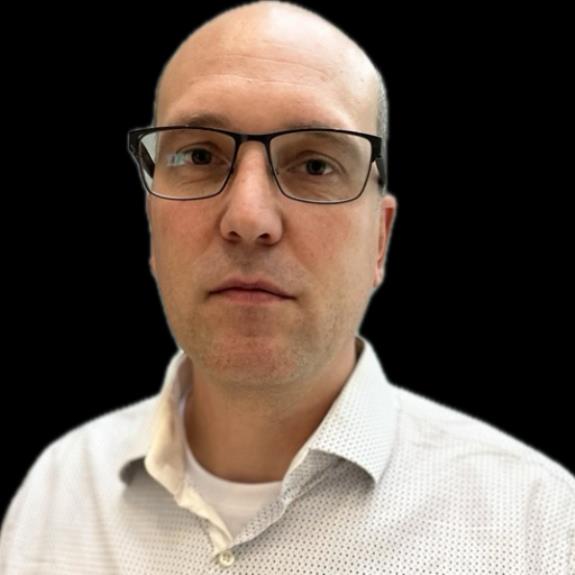
Martin Fisk
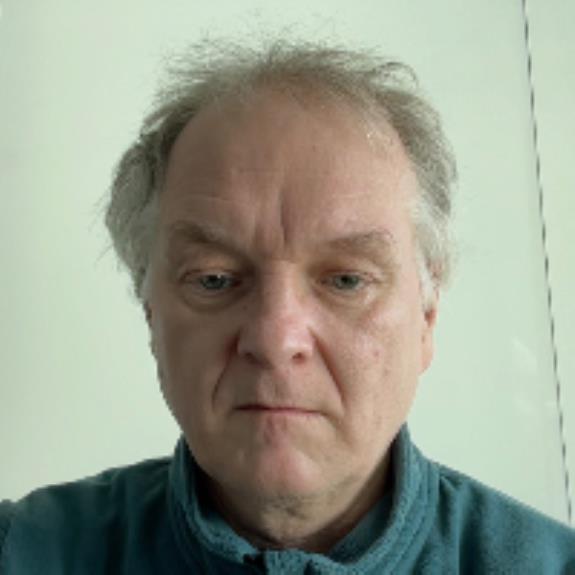
Stefan Gustafsson

Henrik Hartman
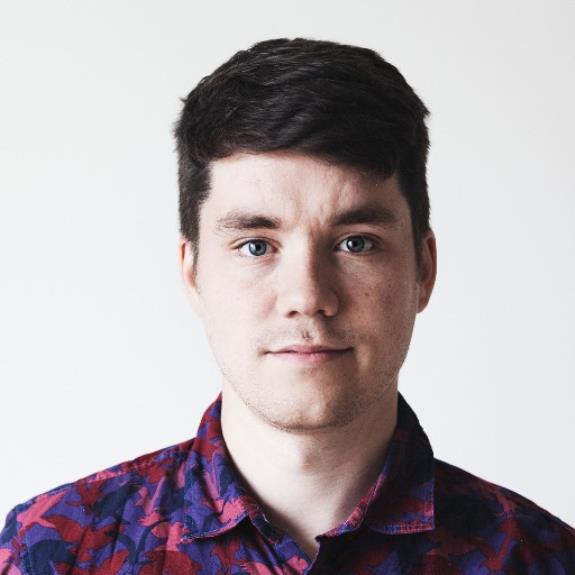
Johan Hektor

Robert Jonsson
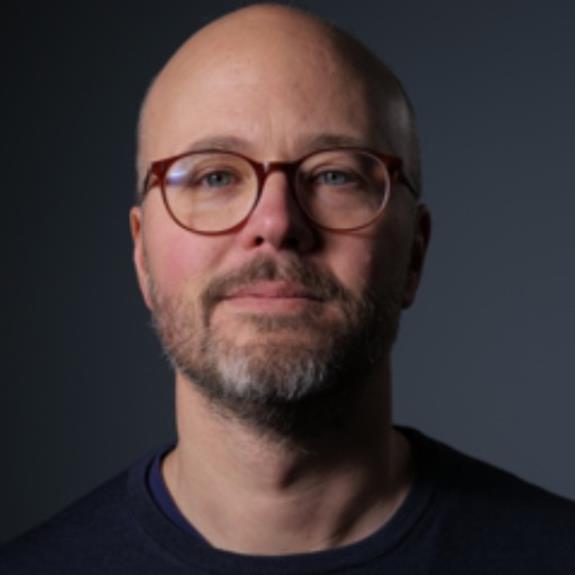
Henrik Jönsson
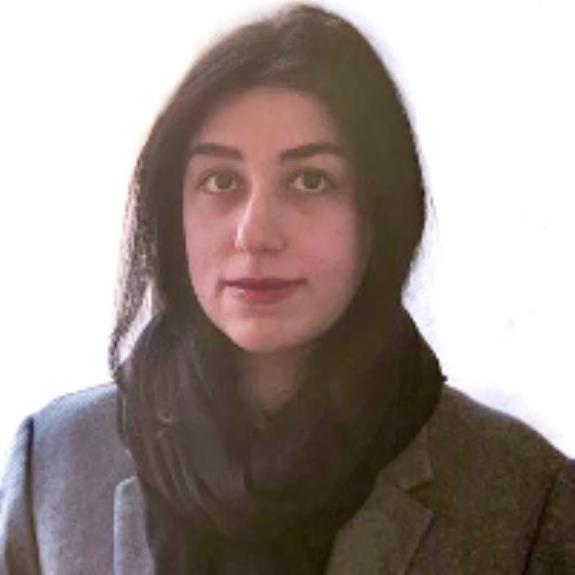
Sana Khayyamifar
Philip Miguel Kofoed
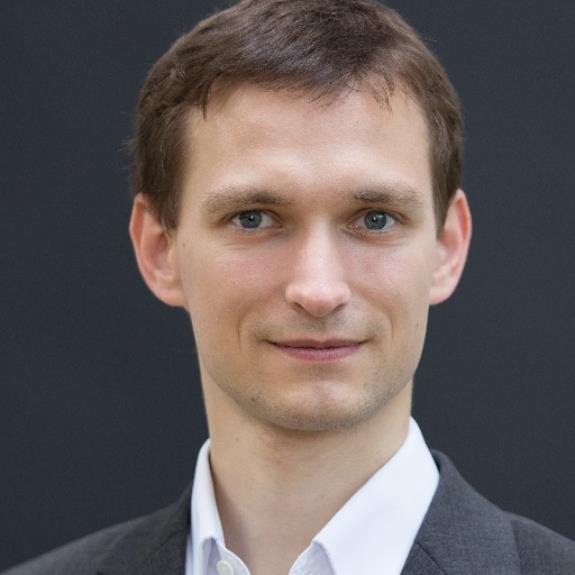
Andreas Krause
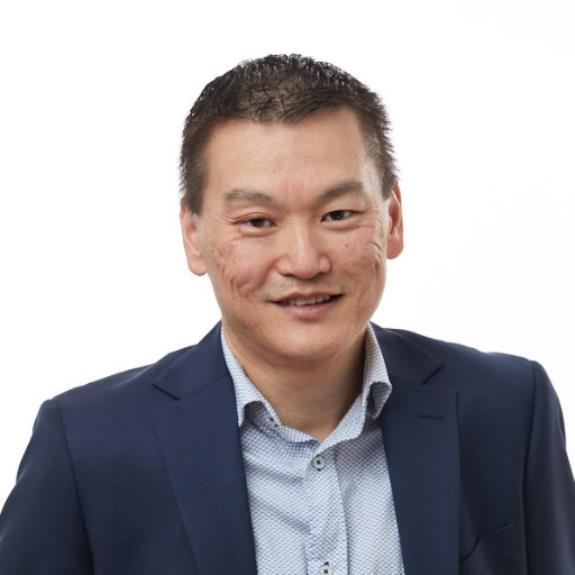
Martin Lennartsson
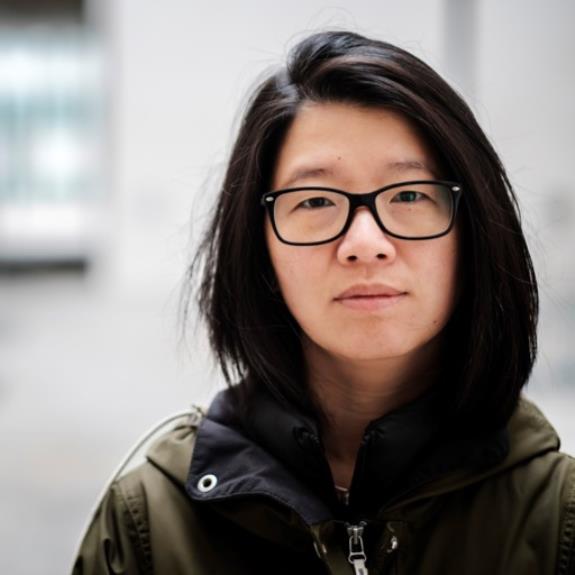
Yujing Li
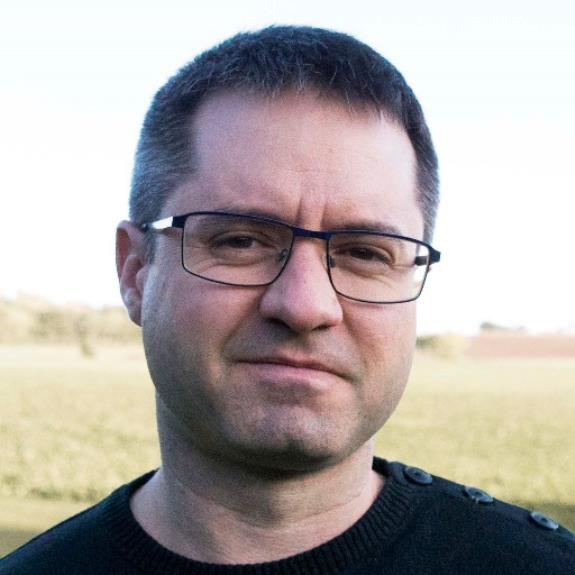
Lindsay Richard Merte

Andrea Morales Rodríguez

Hampus Nilsson
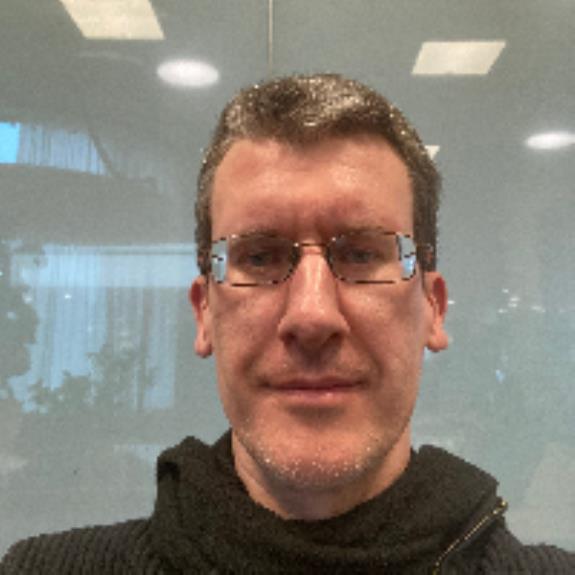
Pär Olsson
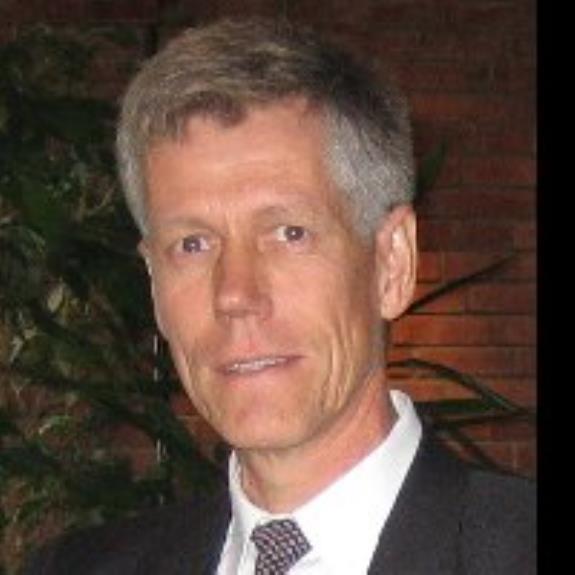
Mats Persson
Grzegorz Sadowski
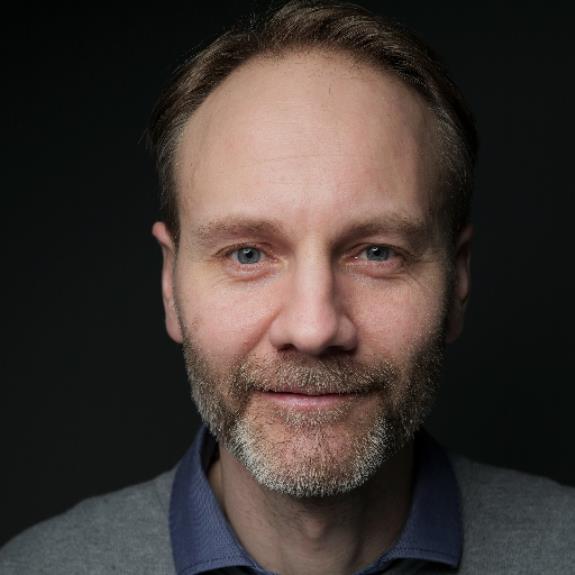
Simon Siggelsten
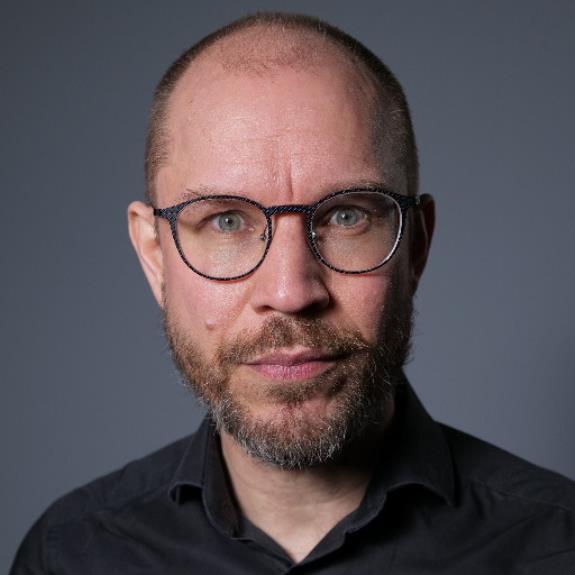
Kristian Stålne

Indrajeet Tambe
Nina Taslaman
-
2026 | Article in journal
X-Ray Tomography Analysis of Damage Mechanisms in Metal Matrix Syntactic Foams During Compression
Indrajeet Tambe, János Endre Maróti, Imre Norbert Orbulov, Zoltan Hegedűs, Markus Ziehmer, Carl E. Krill, Håkan Hallberg, Pär A T Olsson, Johan Hektor
-
2026 | Article in journal
Surface interaction of Ni based electrocatalyst with hydrogen peroxide
Nabi Ullah, Denis Music, Agata Blacha-Grzechnik, Vladimir Ivanovski, Katarzyna Ranoszek-Soliwoda, Jarosław Grobelny, Dariusz Guziejewski
-
2026 | Article in journal
In-situ NAP-XPS reveals water-induced phase segregation of MoS2 nanoparticles in hydrodeoxygenation catalysis
Martin Hedevang, Lars Mohrhusen, Filip Hallböök, Dorotea Gajdek, Lindsay R. Merte, Sara Blomberg, Jeppe V. Lauritsen
-
2026 | Article in journal
New experimental and theoretical energy levels, lifetimes, and oscillator strengths in singly ionised zirconium
Madeleine Burheim, L. Engström, H. Lundberg, Henrik Hartman, P. Palmeri, P. Quinet, Hampus Nilsson
-
2026 | Article in journal
A Near-Infrared and Optical Study of NGC 5822: An Open Cluster Hosting Barium-stars and Lithium-Enriched Giant Stars
N Holanda, V. Loaiza-Tacuri, A Sonally, Shilpa Bijavara Seshashayana, M P Roriz, C F Martinez, M Borges Fernandes, C B Pereira, O J Katime Santrich, S. Daflon
-
2026 | Article in journal
Elastic properties of amorphous TiNiSn
Denis Music, Balint Hajas, Paul H Mayrhofer, Sana Khayyamifar, Grzegorz Artur Sadowski, Johan Hektor, Pär A T Olsson
-
2026 | Article in journal
Inner-shell excitation energies, transition rates and autoionization rates of 2s2p 2 ( 4 P)3d configuration in N II
Xiaozhi Shen, J. Lin, K. Wang, Juan Liu, Per Jönsson
-
2026 | Article in journal
Growth, structure, and morphology of ultra-thin tin oxide phases forming on Pt3Sn(111) single crystals upon exposure to oxygen
N. Braud, Harald J. Wallander, L. Buß, M. Löfstrand, Jakob Blomqvist, C. Berschauer, Andrea Morales Rodríguez, Philip Miguel Kofoed, A. Resta, J.-O. Krisponeit, T. Schmidt, E. Lundgren, J.I. Flege, J. Falta, Lindsay R. Merte
-
2026 | Article in journal
Angular-dependent interatomic potential for large-scale simulation of bcc and hcp multi-component refractory alloys
Sergei Starikov, Petr Grigorev, Sang-Hyeok Lee, Zhuocheng Xie, Pär A T Olsson
-
2025 | Article in journal
Blockwise perturbative corrections in multiconfiguration calculations based on configuration-state-function generators: A revised analysis of the W xxxviii spectrum
Yanting Li, Chaofan Shi, Ran Si, Kai Wang, Per Jönsson, Gediminas Gaigalas, Michel Godefroid, Chongyang Chen
-
 Research project
Research projectA detailed investigation of multiple populations in Milky Way globular clusters
henrik.jonsson@mau.se -
 Research project
Research projectAtomic Data to Decipher the Cosmic Production of Heavy Elements
henrik.hartman@mau.se -
 Research project
Research projectHierarchical nanoengineered assemblies of titania (Hi-NEAT)
riya.thomas@mau.se -
 Research project
Research projectAmorphous TiNiSn for efficient green energy generation
denis.music@mau.se
Research subjects
Collaboration
Are you interested in our activities? The department is part of the Faculty of Technology and Society. Please contact us if you have suggestions for collaborations with our researchers or students.
Platforms, networks and projects
Project: sWASH & grow (From dread to bread in humanitarian crisis)
The purpose of the project is to improve the conditions for innovators (sellers) to be able to meet relief organizations’ (buyers’) demands, enabling sustainable and circular innovations to reach vulnerable populations (users) in humanitarian crises and off-grid environments. Here are considerable weaknesses in the innovation system of today. The project will - through testbeds in the field in cooperation with buyers and users - test innovative sustainable solutions and from this develop tools for development, scaling and export.
Facts
Contact person and responsible at Malmö University:
Project members at Malmö University:
Niklas Schmidt and Håkan Wernersson
Financer:
Vinnova
Funding:
9 678 623 SEK
Project coordinator:
RISE (Research Institute of Sweden AB)
Project partners:
RISE Research Institutes of Sweden AB, Advanced Aerobic Technology Sweden AB, Carex of Sweden AB, Malmö University, MTS - Millennium Technology of Sweden AB, Parlametric AB, Pure Bio Synergy Sweden, SiSP - Swedish Incubators & Science, Parks, SEI - Stockholm Environment Institute SEI, Teknikföretagens Branschgrupper i Sverige AB, Umeå University, Winning Innovation i Lund AB; AguaTuya (Bolivia), Mruna SARL (Agent för Carex i Libanon), LARI, Libanon Agricultural Institut, WESops (pty) Ltd, Water Research Commission of South Africa, AsaDuru SA Pty Ltd, Fifty Eight in the Cradle (pty) Ltd, SI, Solidarite International (Lebanon), Gobierno Autonomo Municipal de Cliza.
Time frame:
September 1, 2020 - August 31, 2022
Project description
Purpose and goal
The purpose of the project is to improve the conditions for innovators (sellers) to be able to meet relief organizations’ (buyers’) demands, enabling sustainable and circular innovations to reach vulnerable populations (users) in humanitarian crises and off-grid environments. Here are considerable weaknesses in the innovation system of today. The project will - through testbeds in the field in cooperation with buyers and users - test innovative sustainable solutions and from this develop tools for development, scaling and export.
Expected results and effects
The results of the project have effects on a number of Global Sustainability Goals by giving innovators and buyers better decision support tools for developing and implementing innovative sustainable, circular and inclusive solutions for those in need in crisis or off-grid. The project´s results include an AI tool for decision support, a university course module, mapping of success factors for off-grid solutions, methods and platforms for validation, upscaling and export, as well as the further development of five Swedish innovative water and sanitation solutions.
Planned approach and implementation
The project is implemented in collaboration with experts and customers from the public, private, academic and NGO sectors. The project is divided into six work packages which include investigating and mapping success factors for off-grid solutions, developing tools for testing, validation and market introduction, developing five Swedish innovative water and sanitation solutions and developing methods and platforms for upscaling. and exports. All results are based on case studies in test and demo beds in Sweden, Bolivia, Lebanon, South Africa and Rwanda.
Contact

Niclas Andersson
Pedro Henrique Arantes Moya

Shilpa Bijavara Seshashayana

Jakob Blomqvist
Yuanji Cheng

Jörgen Ekman

Martin Fisk

Stefan Gustafsson

Henrik Hartman

Johan Hektor

Robert Jonsson

Henrik Jönsson

Sana Khayyamifar
Philip Miguel Kofoed

Andreas Krause

Martin Lennartsson

Yujing Li

Lindsay Richard Merte

Andrea Morales Rodríguez

Hampus Nilsson

Pär Olsson

Mats Persson
Grzegorz Sadowski

Simon Siggelsten

Kristian Stålne




